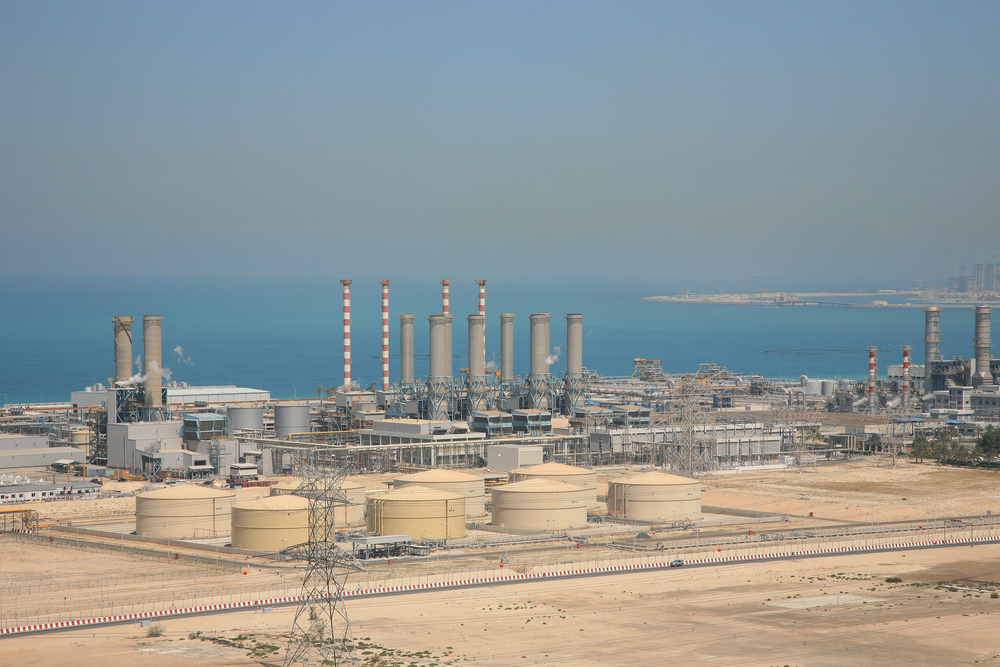

Desalination plants making seawater potable, supply 98.8 percent of Dubai’s water, with the remaining 1.2 percent coming from groundwater sources, the Arabian Water and Power Forum have been told this week.
Dubai is the commercial, banking and tourist hub of the United Arab Emirates, the second-biggest Arab world economy after Saudi Arabia. The arid, water-scarce U.A.E. contains about 6 percent of Earth’s proven oil reserves.
Producing desalinated water is so energy-consuming that future water and energy plans must aim for a more sustainable balance, Saeed Mohammed Al Tayer, Chief Executive Officer of the state-owned utility Dubai Electricity and Water Authority, or DEWA, told the forum.
“We succeeded in reducing our unaccounted-for water in our water supply system to 10.88 percent in 2012 from 42 percent in 1988,” the CEO said, according to a statement. “The combined power generation and desalinated water production in Dubai is most-efficiently done using natural gas and liquefied natural gas as the primary fuel” in almost all cases supplemented by diesel oil as a secondary fuel, he said.
Gallagher Re has shed light on the significant challenges insurers face when providing coverage for…
The Australian government will disburse AUD 1.7 million (USD 1.1m/EUR 1m) in grant funding to…
GlobalData’s latest report, ‘Asia Pacific Renewable Energy Policy Handbook 2024’ is among the latest region-specific…
The electrical generation market is facing a number of challenges, including the need to increase…
Nuclear energy has emerged as a prominent player in Asia's energy landscape, offering a reliable…
The pursuit of a low-carbon future has gained significant momentum globally, and Asia stands tall…